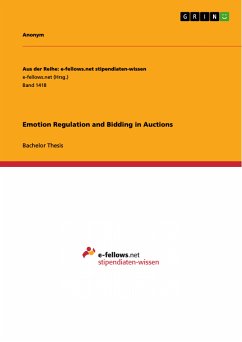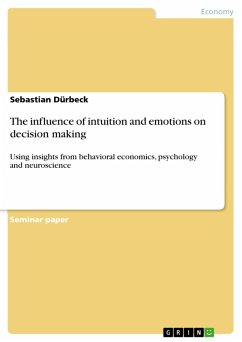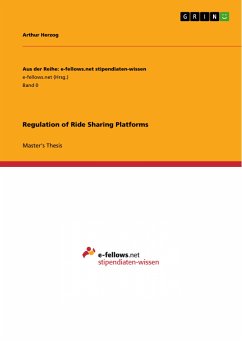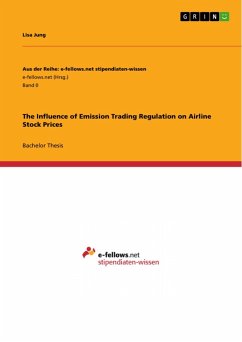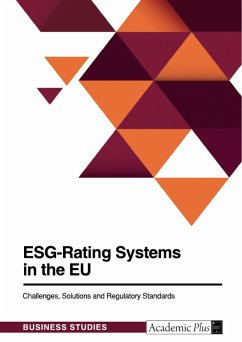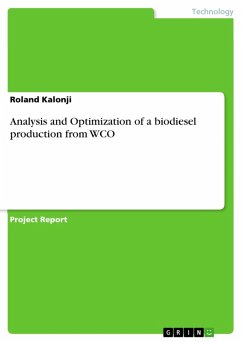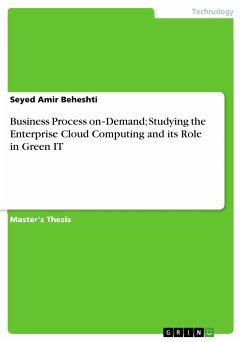Bachelor Thesis from the year 2012 in the subject Engineering - Industrial Engineering and Management, grade: 1,0, Karlsruhe Institute of Technology (KIT) (Institute of Information Systems and Management (IISM)), language: English, abstract: "Emotion has taken the center stage in decision theory, and with it emotion regulation promises to play an increasingly prominent role in psychology, economics and cognitive neuroscience". This quotation from Heilman, Crisan, Houser, Miclea and Miu (2010) alludes to the rising interest in the investigation of emotional processing in economics in the last few years and to the recognition of the importance of the connection between emotions, physiology and behavior in economic decision-making. But what is the relation of emotions to economics? Gross and Thompson (2006) state that "emotions arise when an individual attends to a situation and sees it as relevant to his or her goals". Beside this definition of emotion there exist many other definitions, for example that "emotions reflect the status of one's ongoing adjustment to constantly changing environmental demands" (Thayer & Lane, 2009) which is relevant in economics. Emotions can impair decision-making and can lead to irrational decisions which are not regarded in common prospect theory (Kahneman & Tversky, 1979). Emotions are regulated by humans in different ways. Two main emotion regulation strategies are pointed out by Gross and John (2003): cognitive reappraisal and expressive suppression which intervene in the emotion generative process at different points of time. The emotion regulation depends on an individual's ability to adjust physiological arousal on a momentary basis (Appelhans & Luecken, 2006). This is reflected by the resting heart rate variability (HRV) as an objective measure for individual differences in regulated emotional responding. HRV is considered a measure of heart-brain interactions and the flexible dynamic regulation of the autonomic nervous system (McCraty & Childre, 2010) as well as a sensitive indicator of inhibitory control mechanisms relevant for decision-making (Sütterlin, Herbert, Schmitt, Kübler & Vögele, 2011a). Because of their influence in economics it is important to better understand cognitive processes and that can be achieved by physiological measurements of HRV which give an objective insight in the emotional processing of individuals. Physiological parameters like skin conductance and heart rate are related to economic decision-making. Studies have already shown that physiological arousal can be a predictor for decision-making behavior (Adam, Gamer, Hey, Ketter & Weinhardt, 2009). [...]
Dieser Download kann aus rechtlichen Gründen nur mit Rechnungsadresse in A, B, BG, CY, CZ, D, DK, EW, E, FIN, F, GR, HR, H, IRL, I, LT, L, LR, M, NL, PL, P, R, S, SLO, SK ausgeliefert werden.

